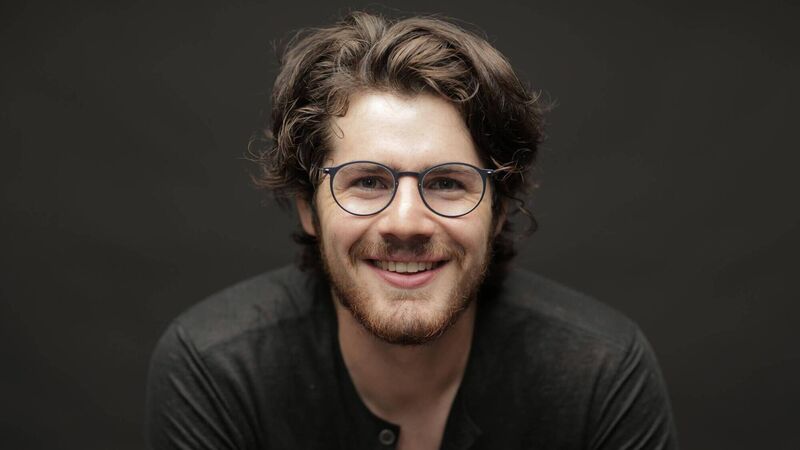Navalny director Daniel Roher: I don’t think I’ve come to terms with how extraordinary this is

‘Navalny’ director Daniel Roher: ‘I saw [the journalist’s jaw hit the floor.’
Alexei Navalny is a Russian opposition leader who was hospitalised in 2020 after being poisoned with a Novichok nerve agent. After partly recovering, he returned to Russia but was imprisoned.
Featuring astonishing scenes and reveals, the documentary Navalny sees him joining filmmakers and investigative journalists to examine the circumstances of his poisoning with a lethal nerve agent. Daniel Roher is the director on the project.




